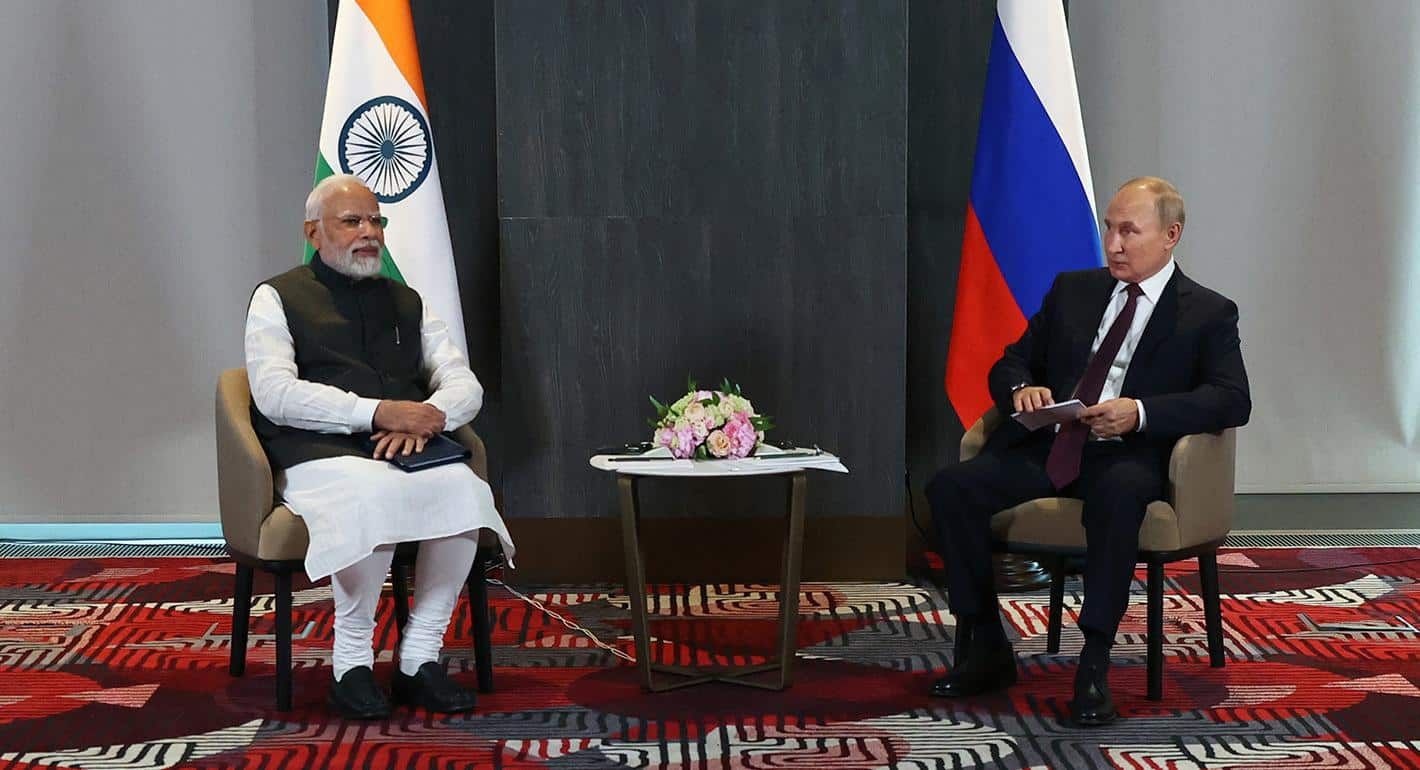How Russian Oil Kept India’s Energy Costs Down, Saving $12.6 Billion
Related Articles
Emmanuel Macron Visits Gurdwara Bangla Sahib, Quashes Road Closure Rumours
On February 19, French President Emmanuel Macron made an official visit to Gurdwara Bangla Sahib in New Delhi, where he sought blessings during his...
Shashi Tharoor Slams The Kerala Story 2, Says It Promotes Divisiveness
Shashi Tharoor, a senior Congress Member of Parliament, voiced strong criticism of the upcoming film "The Kerala Story 2: Goes Beyond" on Thursday. He...
All-Round Show Seals Big Win for Afghanistan Against Canada
In a convincing display of skill, Afghanistan triumphed over Canada by 82 runs in their group match at the ICC Men’s T20 World Cup...


